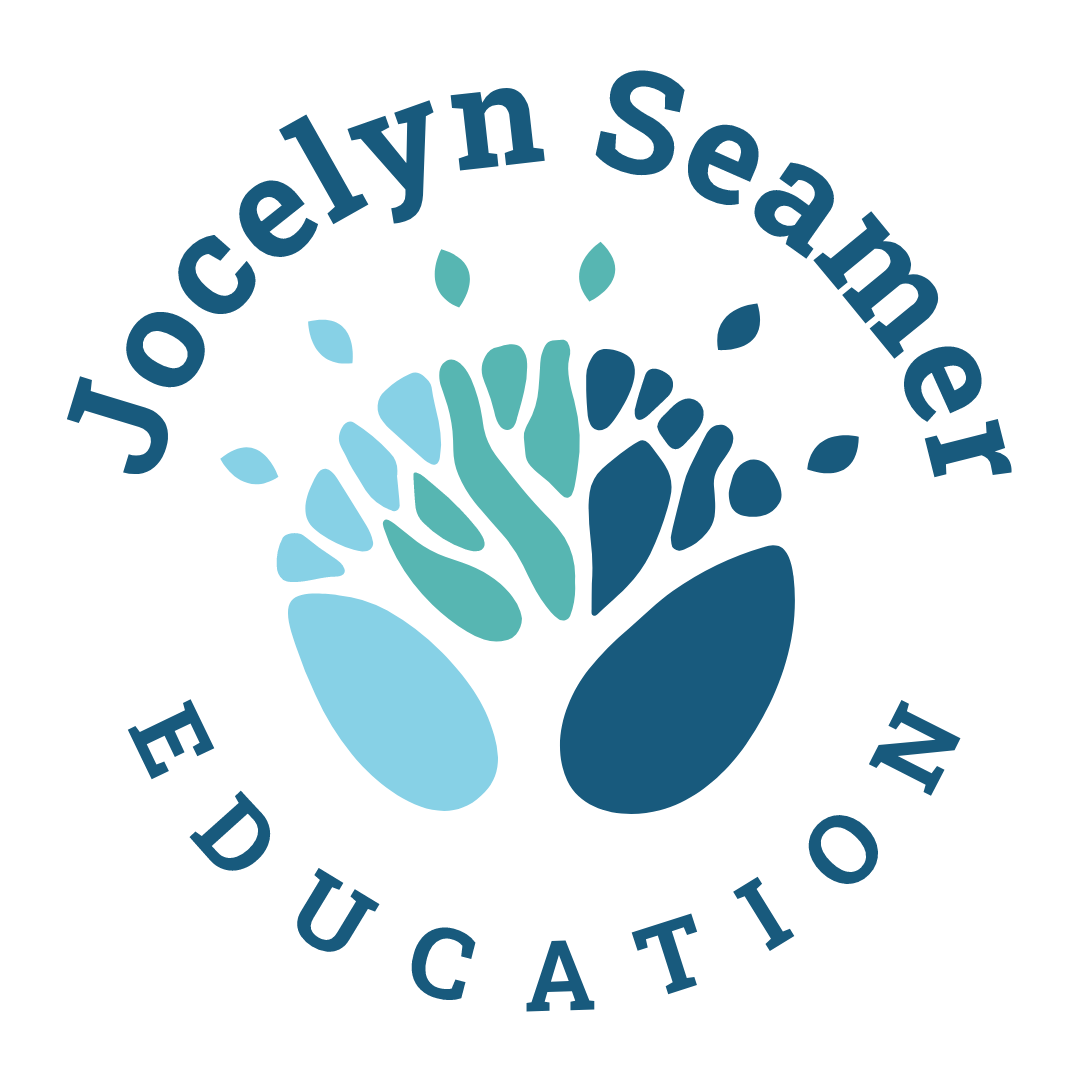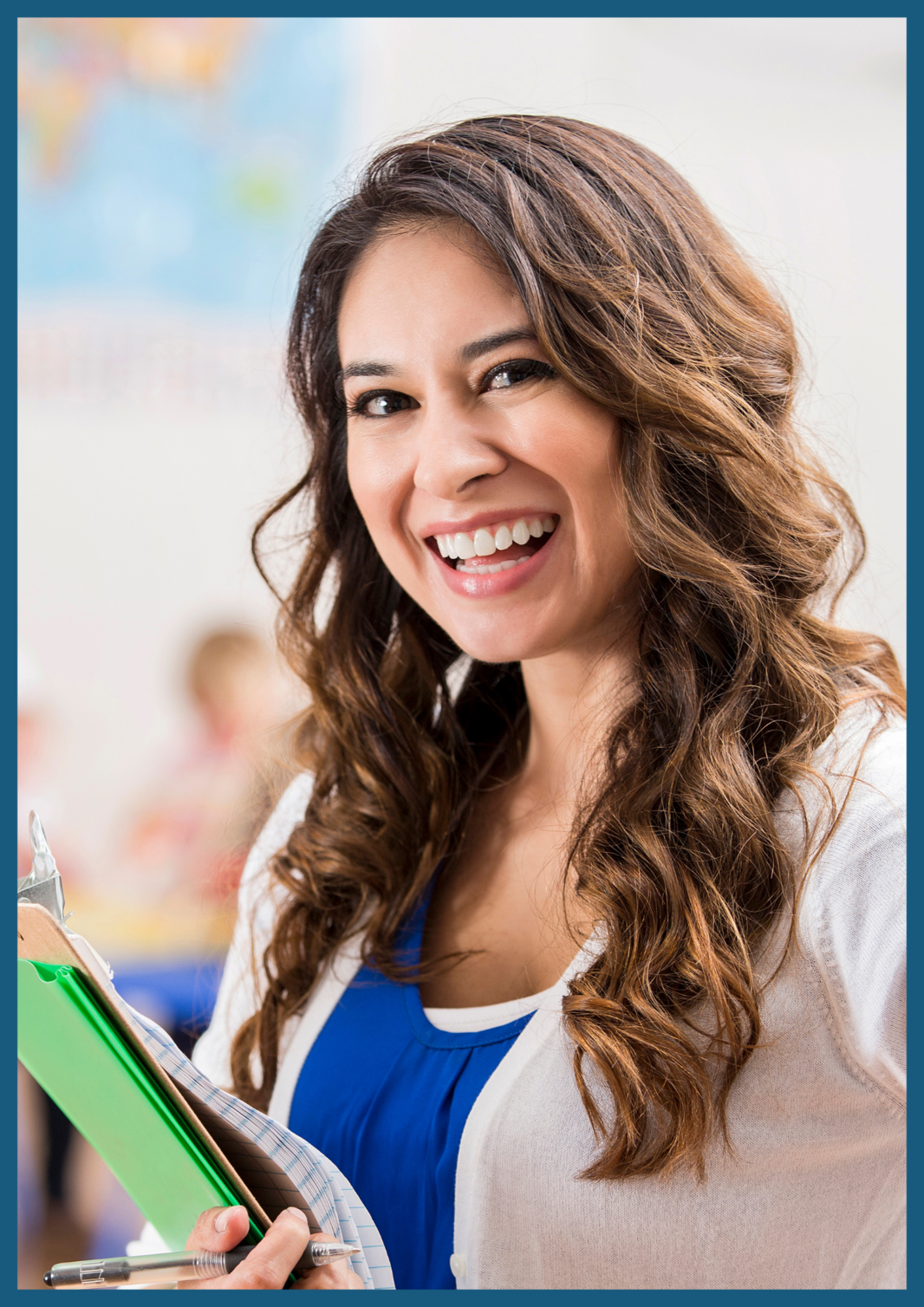Practical Professional Learning to
Grow Knowledge, Confidence, and Success
Build the Foundations for Your Literacy Block in Years 3-6 Online Teach Along
There is nothing worse than feeling that we aren't serving our students well.
It's time for that to change.
Many schools have seen significant growth in student literacy outcomes in the early years by shifting to explicit, structured teaching of reading and writing. However, upper primary teachers (Years 3-6) have not had the same support to make this shift. Years 3-6 should be about engaging with rich texts and refining writing, but every upper primary class has students at various points of literacy development. The reality is that so many of us are worried that we don't have what it takes to really embrace structured literacy in Years 3-6. I remember what that was like and I don't want it for you.
Effective teaching practice requires both knowledge and skills.
It's time to:
- Feel confident in your knowledge of the three areas of spelling and how to teach them
- Stop being scared of teaching sentence structure
- Meet your students where they are up to
- Build strong low-variance instructional routines
- Craft a literacy block that supports you AND your students
- Create a learning environment that engages every learner, no matter their point in development
- Engage students in inclusive lessons to build comprehension of rich texts
- Refine your knowledge of cognitive load and information processing to design instruction for maximum learning
Over 600 teachers and leaders have participated in this course. Here's what some of them had to say.
“Jocelyn is a very knowledgeable presenter who strives to impart practical ideas that you can implement straight away with your class. ”
Larissa Paton
Classroom Teacher
“Jocelyn has this wonderful way of making structured literacy DOABLE for any ability, any knowledge base.”
Ashlee Cowland
Literacy Coach
“You must attend you won’t be disappointed. Very relatable and relevant to the classroom. ”
Raelene Harding
Teacher
As a former school leader and teacher, I know what it's like to want the best for students and how it feels to feel lost in literacy instruction. Supporting the needs of a range of students in the upper primary years is no easy task but a structured literacy block makes it possible. I also know that programs and resources are only part of the solution. To teach responsively, we need to have a functional understanding of how our language works and the most direct path to learning for our students. Learning all that we need can feel overwhelming, but it doesn't have to be. Teach Alongs are a way to access information in a cognitive load-friendly way. You learn a little bit and do a little bit. You then have a whole year to revisit recordings and consolidate your learning.
This Teach Along:
Sessions run at 6:30pm AEST for 6 weeks beginning on August 1, 2024
Week 1 - Key Frameworks of Literacy
An evidence-informed literacy block begins when we understand why are doing what we are doing. Tools, resources and programs are useful tools in instruction, but it's our knowledge of pedagogy that makes our teaching really great. Module 1 gets us started with an understanding of the frameworks of literacy that underpin every aspect of literacy instruction.
Week 2 - Word Level Foundations
Language learning begins with phonemes and graphemes. While phonics is not a major focus of instruction in most Year 3-6 classes, most classes have students with wobbly phonics knowledge. This module will cover the foundations that upper primary teachers need to support their students.
Week 3 - How Words Work
Build your understanding of other lenses through which we view words including morphology and etymology. Learn a simple routine for spelling instruction
Week 4 - Building Strong Sentences
Consolidate your understanding of key concepts about sentence structure (syntax)
Week 5 - Low variance sentence instruction. Cognitive load.
Learn a routine for daily, low-variance syntax instruction to help your students gain control of their writing. Refine your knowledge of how human memory works and the necessary conditions for long-term learning.
Week 6 - Comprehension and Text-Level reading
Grow your understanding of how to teach and assess comprehension through rich texts. Experience a whole class text-level reading lesson that you can take away and apply across the curriculum.

Price: $349 per person
Your ticket includes:
- 6 weeks of live, online training sessions with 12 months of access to recordings
- A resource pack and workbook delivered straight to your mailbox
- 12 months of access to the Evergreen Teacher membership with over 40 hours of additional professional learning
- Access to a dedicated Facebook group for right-there support all through the program
This is THE last time that this course will be run either online or in person. Don't miss out!
This Teach Along Begins in
00
days
00
hours
00
mins
00
secs
Frequently Asked Questions
These are some of the questions people most frequently ask us:
Which grades is this most suitable for?
This Teach Along is written for Year 3-6 teachers, however is beneficial for all teachers and leaders
Do I have to attend live?
No. While we will hold live sessions each week, you can watch the recordings as many times as you like for 12 months.
Are there assignments in this Teach Along?
No. We want Teach Alongs to support you in your teaching, not create more work for you.
Is this course part of the Resource Room?
No. This Teach Along course stands on its own, however Resource Room members have access to the course at a discounted price.
Will this course be run live in the future?
NO! This is the LAST time that this course will run either online or in person. This is your only chance to participate live.


